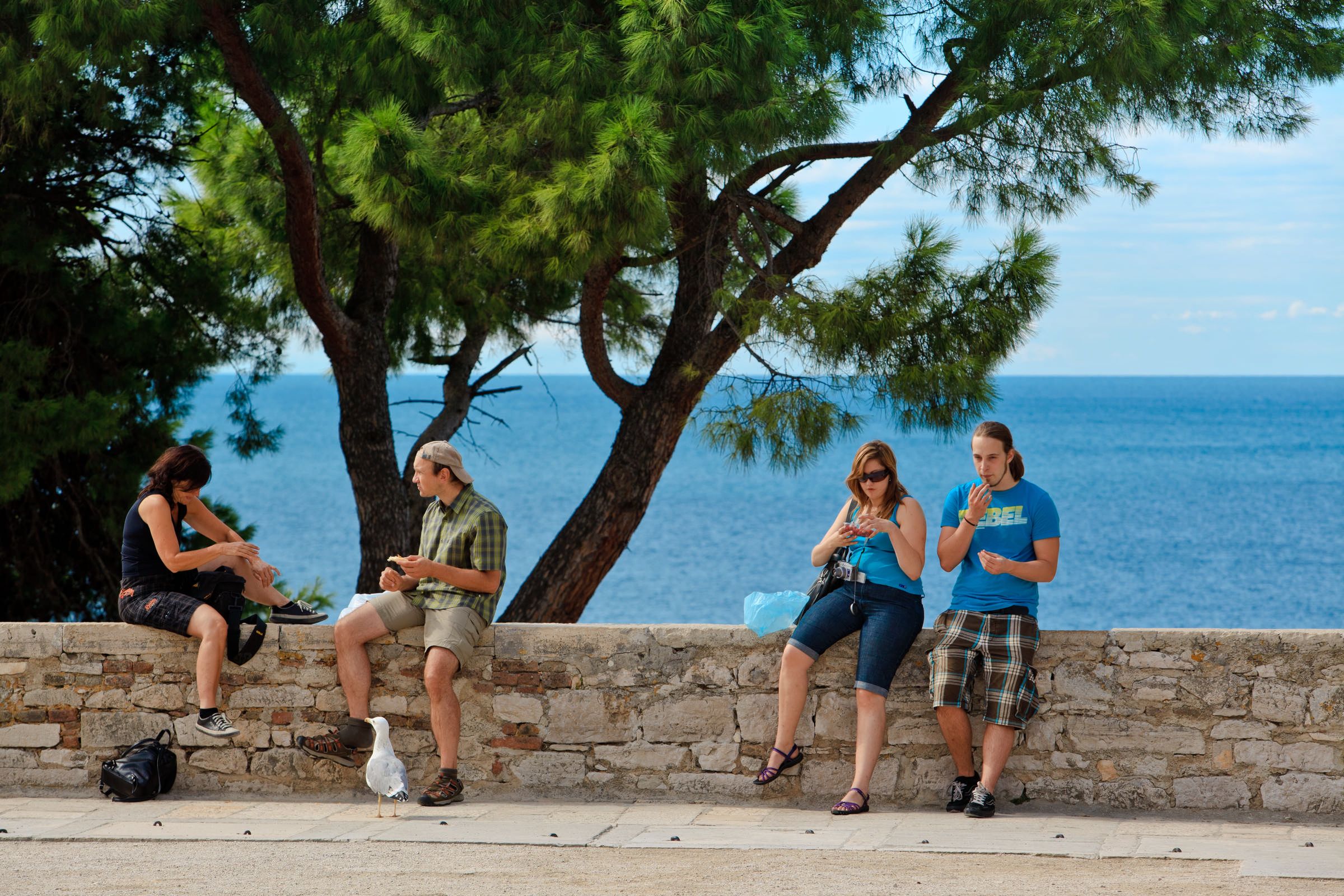October 17, 2020 – The other day, due to the good epidemiological situation, Istria was proclaimed as the only Coronavirus free region in Europe. Experts reveal the secret behind Istria's excellent epidemiological situation.
On October 15, 2020, the Belgian Foreign Affairs authorities published a map of Europe by zones according to the epidemiological situation, on which Istria stood out for being green. Although there are 13 new cases of infection in Istria today, the situation so far has been excellent, which is why Istria has been declared the only coronavirus-free region in Europe. Until 12 days ago, more precisely, on October 5, 2020, Istria did not record a single case of coronavirus infection, which made it stand out from all Croatian and even European averages.
Večernji.hr reports how Istrians managed to stay away from the new wave of infection and what they are doing better on that peninsula than in most of Croatia (and Europe), at least for now.
Crisis management
"The expertise of the Headquarters, the responsibility of the citizens, and the support of the local and regional self-government authorities is the key to a good epidemiological situation in Istria. The government must stand behind the Headquarters, and all this would not be worth much without successful interaction with the citizens," is the shortest explanation of the Chief of the Civil Protection Headquarters in Istria County Dino Kozlevac.
Besides, in Istria, this terrible epidemic is dealt with exclusively by experts, some of whom have lifelong education for crisis management and, which is equally important, there is no political influence.
"No, not at all, the local government gives us unreserved support, and people trust the Headquarters and respect the measures. For example, we decided back in June that masks must be worn in stores, transportation, and are also recommended in public places. Today we do not have a free transmission of the virus in the population, only imported cases. Thanks to the good situation in the classrooms, our children do not have to wear masks, and we sent a request to the National Headquarters to exempt Istrian restaurants and cafes from the obligation of wearing masks for two weeks," says Kozlevac.
In Istria, the recent confirmations were carried out in a special regime. They were held only during two weekends, the last ones were about ten days ago, and no case of infection related to these events was reported.
"We cooperate extremely well with the Church all the time, we agree on everything, so the same was going with confirmations. They were postponed in the spring, and are now, in agreement with the bishop, dispersed in two weekends. A letter was sent to the believers with a request that they stay in a small circle, only parents, children, and godparents, the citizens accepted that and there are no problems. And are Istrians more responsible than citizens in other parts of the country? Um, I have friends all over Croatia and I couldn't say that. But I can confirm that the Istrians are responsible," says the head of the Istrian Headquarters Kozlevac.

Prople in Rovinj, Istria / Copyright Romulić and Stojčić
Istrian mentality?
The director of the Istrian Tourist Board, Denis Ivošević, adds that Istrians are "organized, consistent and disciplined". And when that is the case, it doesn't bother two million tourists, or 250,000 of them a day during the summer, nor the thousands of Istrians who go to work in Italy or Slovenia every day. They are a real example that the new normal can be quite normal when things are arranged well.
"From the first day, we adhered to the prescribed measures. In Istria, it was difficult to see what was elsewhere on the coast, so tourists also complained that the waiters did not have masks. We immediately educated the employees on how to best protect themselves and their guests, and we also hired two people who only did disinfection. When the guests got up from the table, they would thoroughly disinfect everything every time," says the owner of the Pula tavern Boccaport Toni Draguzet and confirms that individual responsibility ultimately gives to the common good.
Sociologist Dražen Lalić does not deny that the mentality also has an influence.
"I don't like divisions by character. I am especially repulsed when the Dalmatian mentality is blamed for the spread of the infection in Split, and when the infection spreads in Zagreb, then the mentality is no longer mentioned. However, it is true, for example, that the half of Split that does not engage in tourism in the summer necessarily complains that there are too many tourists in the city. In Poreč or Rovinj, that is unthinkable," says Lalić, who blames inconsistencies around measures and the fact that some civil protection headquarters are run by insufficiently professional people for the bad epidemiological picture in most parts of Croatia.
For the latest travel info, bookmark our main travel info article, which is updated daily.
Read the Croatian Travel Update in your language - now available in 24 languages.


